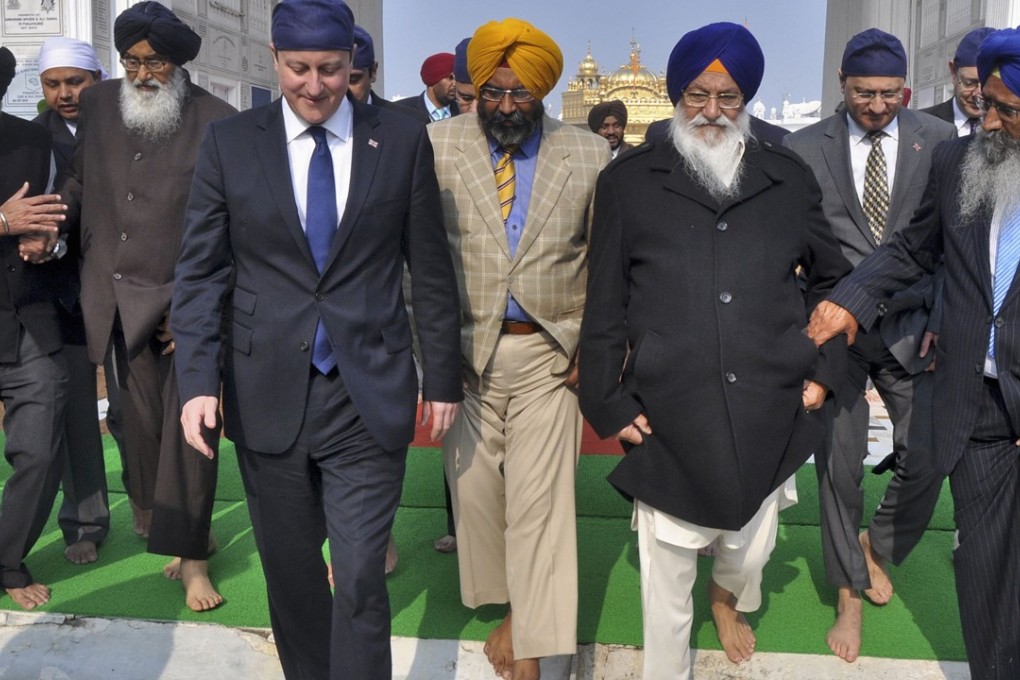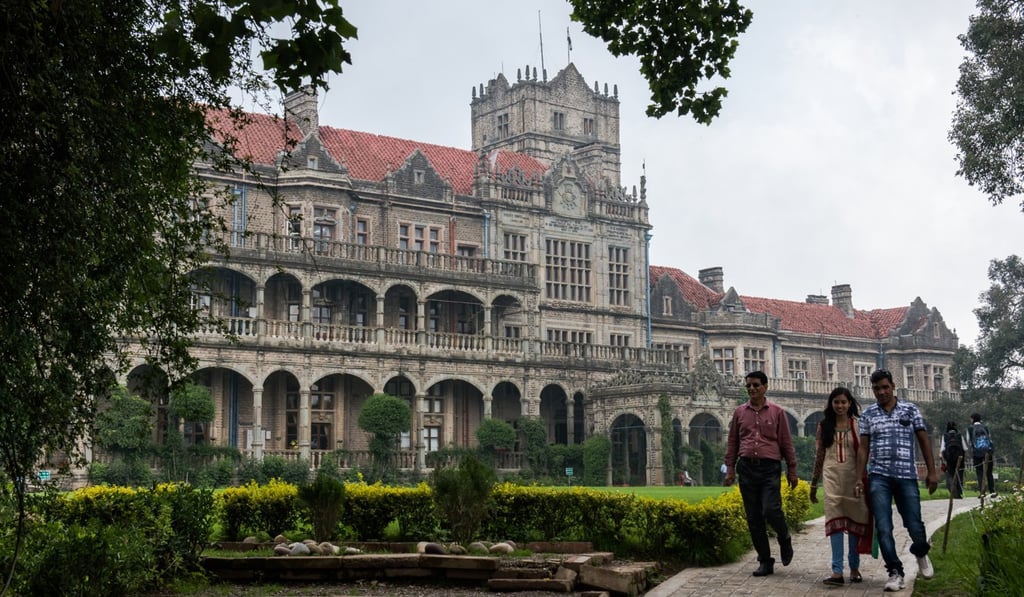Singapore and Hong Kong may be different, but there’s no debate on what the British did to India
The Ethics and Empire project seeks to record the pros and cons of British imperialism but seems to overlook colonialism’s inherent horrors

On the face of it, the launch by the McDonald Centre for Theology, Ethics and Public Life at Oxford University of a five-year interdisciplinary project on Ethics and Empire, led by the theology Professor Nigel Biggar and the historian Professor John Darwin, is hardly unreasonable.
The project seeks to “gather colleagues from Classics, Oriental Studies, History, Political Thought, and Theology in a series of workshops to measure apologias and critiques of empire against historical data from antiquity to modernity across the globe”.
Who gained the most from Hong Kong’s colonial era: Britain, China or the city?
None of us who consider ourselves critics of empire would argue that our criticisms cannot be questioned, even if the very idea of empire – which, by definition and experience, involved the subjugation of coloured peoples by foreign powers acting in their own self-interest – is so reprehensible to most of us that arguing for it seems analogous to making a case for slavery.

In announcing the project, the centre argued that “as an historical phenomenon as distinct from an ideological construct, ‘empire’ has meant all manner of ethical thing [sic].” As examples, it listed the claims that the British Empire “suppressed the Atlantic and African slave-trades after 1833, granted black Africans the vote in Cape Colony seventeen years before the United States granted it to African Americans, and offered the only centre of armed resistance to European fascism between May 1940 and June 1941”.
Hong Kong, like India, needs to remember the truth about British colonialism
Beyond the project, Biggar intends to use its results, the centre says, “to develop a nuanced and historically intelligent Christian ethic of empire; and so to enable a morally sophisticated negotiation of contemporary issues such as military intervention for humanitarian purposes in culturally foreign states, the cohesion of multicultural societies, and settling imperial pasts”.